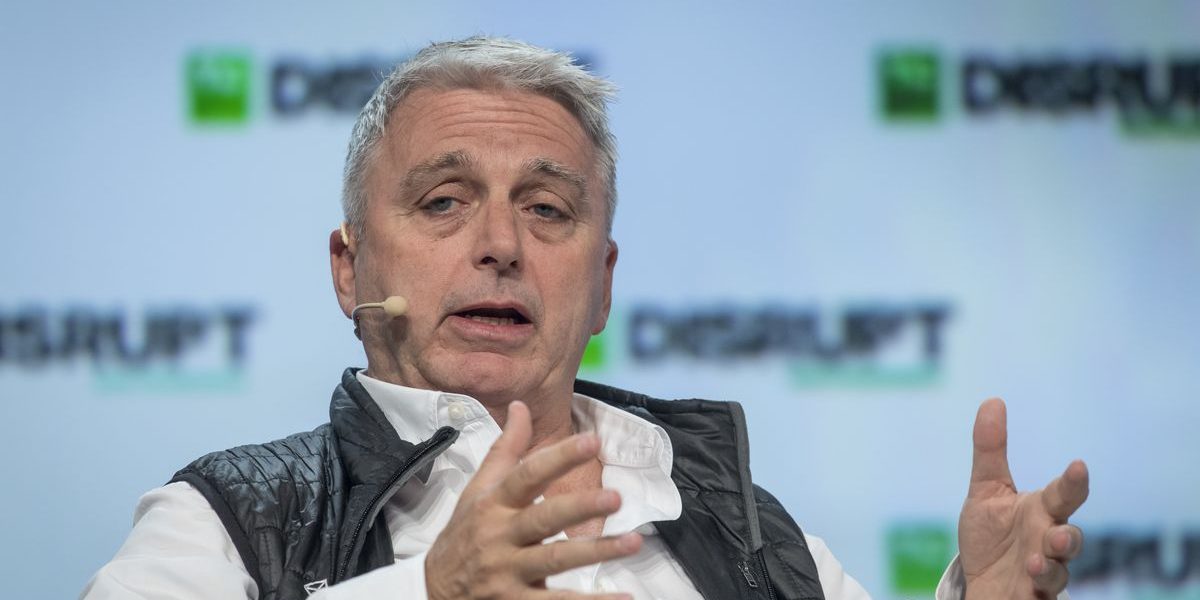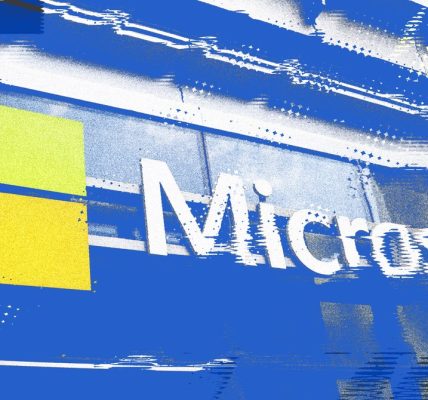The Unity Phenomenology: a warning to Unity developers and to developers, or why Unity shouldn’t abandon the game engine due to the death threat
The fiasco with the Unity pricing has taken a dangerous turn. According to a new report, the company has canceled a town hall meeting due to death threats. The companywide meeting was called off and two of Unity’s offices were shuttered because of the alleged threats.
2.2 Unity RuntimeSubject to payment of applicable fees, (emphasis The Verge) if any, you may distribute the Unity Runtime as an integrated part of your Projects, solely as embedded or incorporated into your Projects, and solely to third parties to whom you license or sell your Projects or who provide you with services, in each case pursuant to an agreement that is no less protective of Unity and its licensors and its service providers than this Agreement. In video game development, it is common to “lock in” specific versions of a game engine. Theoretically, developers unhappy with the new fees could have simply “locked in” a previous version of the Unity engine to avoid them and Unity’s own terms of service would have supported that. As a result of this change, anyone that is currently using a current edition of Unity will likely agree to these fees before they are even announced.
The developers said that even though they had clarifications, they wouldn’t be able to repair the harm caused by Unity’s announcement. Even if Unity only expects 10 percent of its customers to pay fees, the damage has been done. The trust is no longer there.
Riccitiello was the central figure in the controversy as he was believed to be the driving force behind the new model. He was the CEO of Electronic Arts when the controversial loot box monetization was added to FIFA 09. He made news when he called developers “idiots” for not introducing monetization schemes earlier in the process. Riccitiello talked on a shareholder call about charging Battlefield players $1 to reload their guns. The Unity CEO also raised eyebrows this week when it was reported that he sold off 2,000 Unity shares right before the company announced this news — with the stock price seeing a significant drop thereafter.
Many developers shared a similar sentiment, explaining they were considering abandoning Unity as a game engine. Other game developers, like Massive Monster, were more drastic, which, via the official account for its game Cult of the Lamb, threatened to delist the game entirely.
Comment on Unity’s new pricing scheme” by Jeremiah Vlasov and Ivanhoett
The employee said that all of the concerns that are understandably blowing up at the moment have been raised internally. I can only speculate as to why it was decided to rush this out.
Source: Developers respond to Unity’s new pricing scheme
Butcher’s Creek will be my last game on Unity, after 10 years of Unity Development and announcing the End of the RPG Maker Game Engine
“Let me be clear.. The cost isn’t a big issue to Facepunch Studios’ founder. The track was perfect and the prices were 10p per sale. If that is what it costs, then so be it. But that’s not why we’re furious. It hurts because we didn’t agree to this. We used the engine because you pay up front and then ship your product. We were not told this was going to happen. We were not warned. We were not consulted. We have spent 10 years making Rust on Unity’s engine. We’ve paid them every year. And now they changed the rules.”
Developers weren’t the only ones to weigh in on this. Other game engine companies and publishers expressed their dissatisfaction, some more creatively than others.
Devolver Digital, notable for being both an indie developer powerhouse and for its unorthodox communication style, posted, “Definitely include what engine you’re using in game pitches. It’s important information,” which seems to suggest that it would look less favorably on future games developed in Unity for the unknown costs they could incur.
“One of the cool things about RPG Maker is that once you buy the engine, you can sell your game as many times as you want and never owe us another dime,” RPG Maker, the engine for games including Yume Nikki, Corpse Party, and Always Sometimes Monsters, posted.
“I’ve been through ‘this will destroy indies’ policy changes before, and none of them were as bad as they looked […] so I’m hoping this Unity thing will be similar,” posted David Szymanski, developer of Dusk. “That said, regardless of what happens, Butcher’s Creek will be my last game on Unity.”
Others put it more bluntly. Despite the enormous amount of time and effort our team has already poured into our new title, we will be migrating to a new game engine unless changes are completely reverted. We’ve never made a statement in public before. That is how bad you messed up.
However, Unity has since deleted that GitHub repository. The old terms of service agreement that had a clause to allow developers to use older ones, was removed in April of 2023, along with a new one that seemed to indicate the future of fees.
In addition, Unity stated that it would track changes to the terms of service on the platform to give developers full transparency.
“As a course of immediate action, our collective of game development companies is forced to turn off all IronSource and Unity Ads monetization across our projects until these changes are reconsidered,” the letter read.



